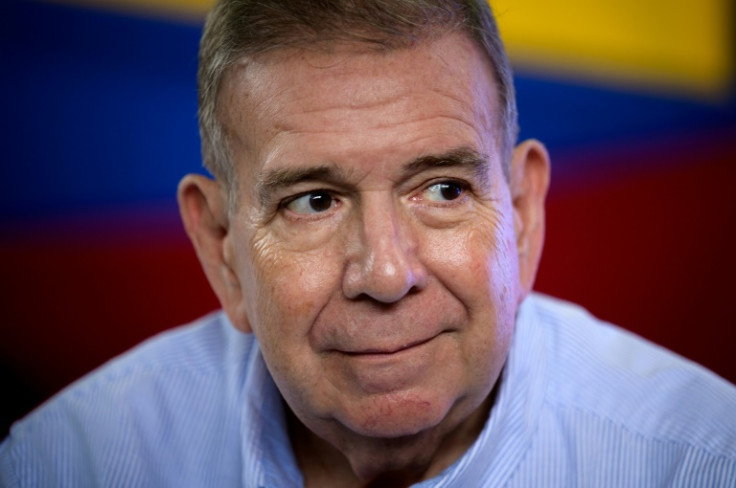
Venezuelan opposition leader and the man who many countries in the international community consider the winner of the country's recent presidential election, Edmundo Gonzalez Urrutia, fled in exile to Spain over the weekend. The move has left many in dismay, trying to assess how the move will impact the movement against Nicolas Maduro's stronghold on the presidency.
As speculations run rampant in Venezuela, Anthony Blinken, the U.S. Secretary of State, has taken to X to say that, despite going into exile, Edmundo González "remains the best hope for democracy" in Venezuela as "Maduro's post-election repression has killed or imprisoned thousands of people."
We must not allow Maduro and his representatives to cling to power by force. The will of the people must be respected," Blinken added.
Venezuelans voted for change. Maduro's post-election repression has killed or jailed thousands, and winning candidate @EdmundoGU remains the best hope for democracy. We must not let Maduro and his representatives cling to power by force. The will of the people must be respected.
— Secretary Antony Blinken (@SecBlinken) September 9, 2024
González, a 75-year-old retired diplomat, arrived in Spain with his wife and expressed his commitment to continuing the fight for democracy in Venezuela in an audio message that quickly went viral on Sunday.
He also highlighted the fact that his exile was "marred by pressures, coercions and threats" in a clear callout to the rumors that the asylum offer is the result of a negotiation that included Delcy and Jorge Rodríguez, political allies closest to Maduro and former Spanish president Jose Luis Rodríguez Zapatero, who has been close to the Maduro regime for years.
His decision to leave Venezuela was, nevertheless, driven by concerns for his safety, according to opposition leader María Corina Machado, who issued a statement in Spanish on X:
"His life was in danger, and the increasing threats, summonses, arrest warrants, and even attempts at blackmail and coercion demonstrate that the regime has no scruples or limits in its obsession to silence and break him"
She also reassured her followers that she plans on staying in Venezuela by stating that "Edmundo will continue to fight abroad together with the Venezuelan diaspora and I will continue to do so here, among you."
The Maduro government issued an arrest warrant for González in early September, with charges including criminal association and conspiracy which could have resulted in a life sentence. González had been in hiding for a month before his departure.
The appointment of Diosdado Cabello, a hardline figure in Maduro's government, as interior minister in August further heightened concerns for González's safety. Cabello has been a vocal critic of González, labeling him a "rat" and accusing him of involvement in a U.S.-backed counter-revolution against the Maduro regime.
© 2024 Latin Times. All rights reserved. Do not reproduce without permission.









